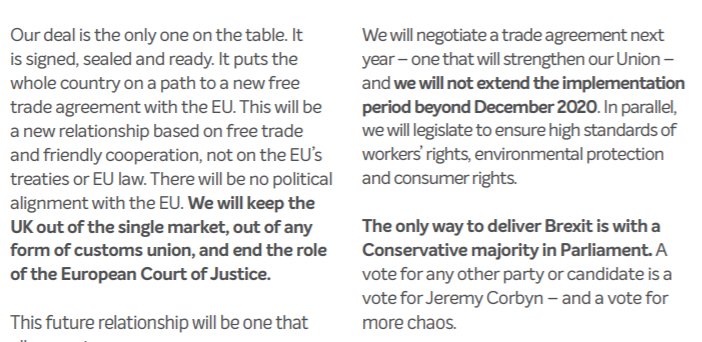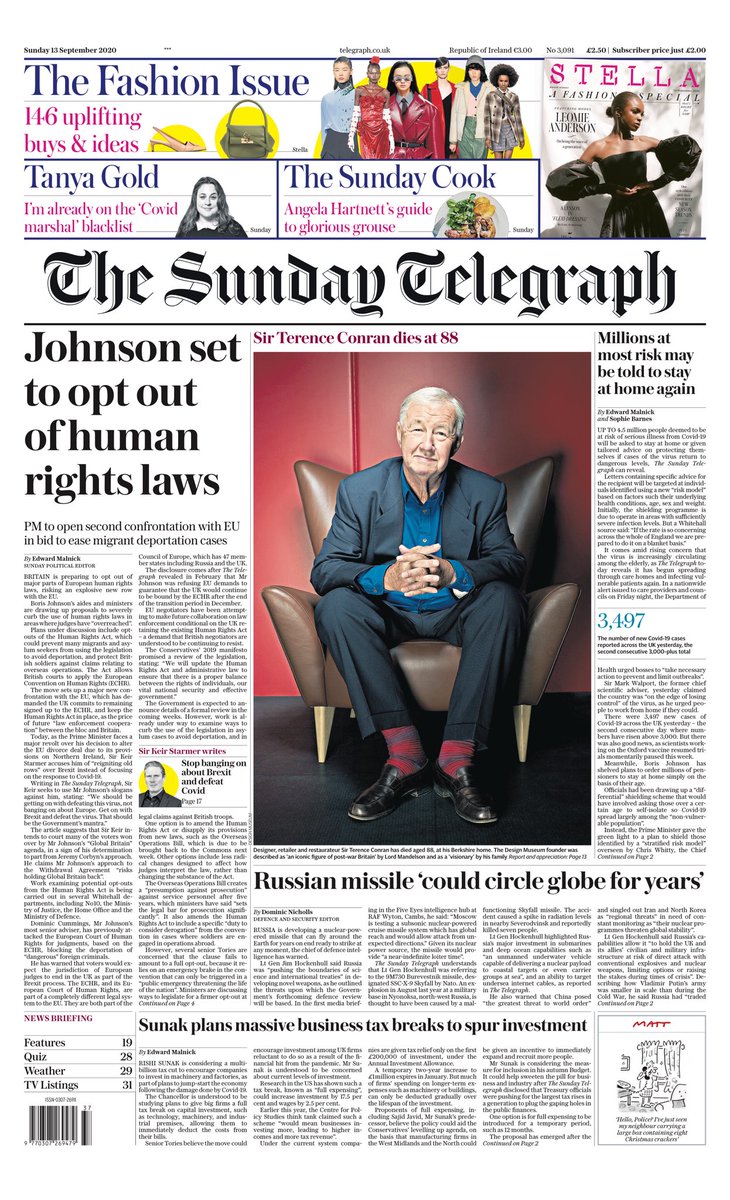There is a common theme between the government's forthcoming approach to asylum (pick a fight with 'activist lawyers' over appeal rights) + its approach to the withdrawal agreement (pick a political/legal fight over sovereignty/international law - with lawyers, with peers + EU).
Both return to anti-elite framing of Leave in 2016. A similar approach to Human Rights Act, ECHR + specific cases (prisoners voting, security/terrorism, criminal justice, soldiers). Govt's chosen antagonists are lawyers. Keir Starmer having been a lawyer is another incentive.
Govt will often get the political fights it picks - because lawyers + legal commentators of course want to vocally defend core legal principles.
However, not all these issues necessarily have identical dynamics. Legal + other voices might also try to disrupt govt's framing
However, not all these issues necessarily have identical dynamics. Legal + other voices might also try to disrupt govt's framing
Specific weaknesses on IM Bill v withdrawal Treaty
- lack of a democracy/mandate claim
(contrast to 2019 row)
- confusion from govt + Brexit supporters about the point
- muddying of an identity claim (Britain stands for rule of law in world) that liberals + conservatives value
- lack of a democracy/mandate claim
(contrast to 2019 row)
- confusion from govt + Brexit supporters about the point
- muddying of an identity claim (Britain stands for rule of law in world) that liberals + conservatives value
In responding politically, it will be less effective to make broad comparisons to Trump, Orban and 1930s fascism. (Preaches to base). It will also narrow opposing coalition to describe this as a sad, inevitable consequence of the 2016 vote (Govt wants the 2016/2019 trenchlines).
Responding politically, would be more effective to promote messengers & messages that blend both socially conservative + socially liberal arguments about Rule of Law (eg Hong Kong/China) and for liberal ex-Remain voices to do this in concert with pro-Leave critics of this move.
Those who feel most strongly about this may dislike that advice - they would prefer to say how it feels and ring the loudest possible alarm bell (despite that narrowing coalition/ audience). Relationships across the referendum divide are obviously in a state of deep disrepair.
If these fights keep getting picked, from right or left, may reinforce a 40% v 40% political polarisation, taking us more in direction of US political polarisation (though the 'liberal' and 'populist' tribes are about 25% each, and the core drivers of this clash much narrower)
The liberal critics few problems mobilising left-leaning graduate vote.
Winning coalition would focus on 3 things
- accessible argument for non-graduates
- broaden to moderate/mainstream right (eg Tory Remain + pro-deal Leavers)
- broaden geography (towns, not just uni cities)
Winning coalition would focus on 3 things
- accessible argument for non-graduates
- broaden to moderate/mainstream right (eg Tory Remain + pro-deal Leavers)
- broaden geography (towns, not just uni cities)
Opposition parties (esp Labour) have a strong incentive to engage with liberal concern *and* broaden the coalition.
Governing party has problem if repeatedly using conflict template exhausts public +, gets in the way of delivery. (2019 voters wanted Brexit deal + to move on)
Governing party has problem if repeatedly using conflict template exhausts public +, gets in the way of delivery. (2019 voters wanted Brexit deal + to move on)
Attitudes start at 40% opposed, with 1/4 in favour, though Don't weaken Britain on rule of law re Russia and China is 57% to 26% showing how blending liberal + conservative arguments can broaden support with those unsure or on the fence
One more variation on this persistent theme: human rights laws + immigration + confrontation with EU + courts at home and abroad.

 Read on Twitter
Read on Twitter




